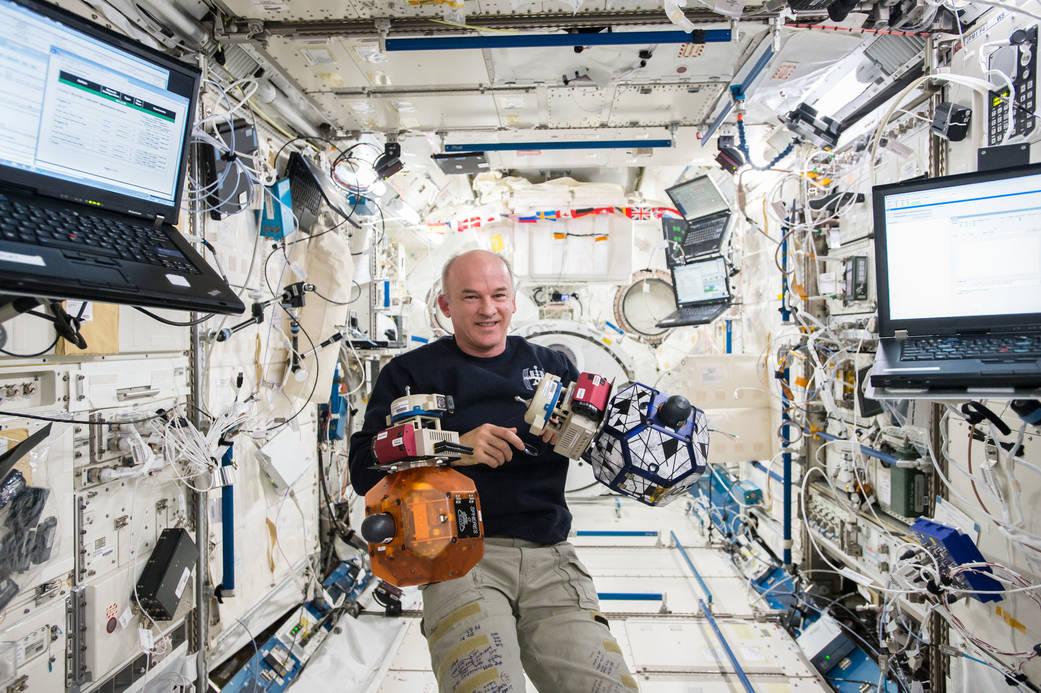
What’s the point of research, if hardly anyone can read it? Nasa has decided to make all of the scientific research it funds available for the general public to access for free from a new public web portal, even if the research originates from a peer-reviewed journal that might be behind a paywall.
The PubSpace portal will archive all original journal articles that were produced by Nasa-funded research, and the data must be submitted and available for the public to download, read and analyse within one year after the paper is first published.
“At Nasa, we are celebrating this opportunity to extend access to our extensive portfolio of scientific and technical publications,” said Nasa Deputy Administrator Dava Newman. “Through open access and innovation we invite the global community to join us in exploring Earth, air and space.”
Nasa’s move to launch a portal of research results comes as a result of a request from the White House Office of Science and Technology Policy, which has directed all scientific funding bodies in the US to increase the access given to federally-funded research results.
But it also sends a powerful message to academic publishers and copyright holders that Nasa essentially doesn’t agree with the concept of restricting access to scientific research only to those who are willing to pay, which has led to a situation so dire that it is often difficult for academics to access even their own work.
Scientific community fighting for freedom of information
In the last 12 months, the online movement of disgruntled academics and scientists has grown, leading to an increase in the number of people who are actively trying to find ways around academic paywalls in order to access the crucial research they need to do their jobs.
In November 2015, it was reported that scientists have been using the #IcanhazPDF hashtag on Twitter to quietly request help from other academics around the world whose institutions might have paid for access to a particular library of journals containing a very specific paper the seeker needs.
Those who have access to the particular papers for free download them on request and then email the paper to the Twitter user who asks, and then the tweets are deleted so that all evidence of the request and transaction is gone.
Frustration over journal paywalls has also led to the creation of Sci-Hub, a website that is essentially the “Pirate Bay for scientists”, enabling anyone to download over 48 million peer-reviewed academic papers for free in an instant, thanks to login credentials to paywalled journal databases that are given by supporters to Sci-Hub’s creator, neuroscientist Alexandra Elbakyan, who is based in Russia.
Despite multiple attempts by academic publisher Elsevier to get Sci-Hub taken offline and blocked from being accessed in the US, the website continues to be hugely popular with the global scientific community, and has even added the option for users to anonymously search for papers from within the encrypted messaging app Telegram.
[Source: Ibtimes]

